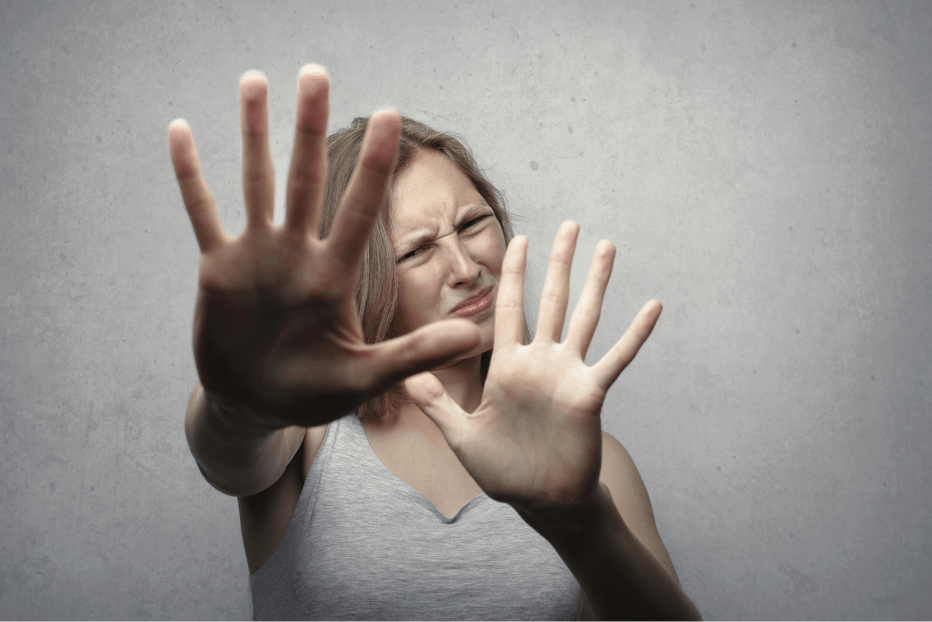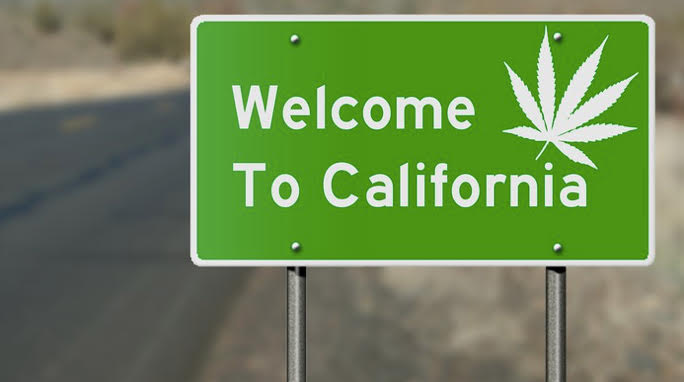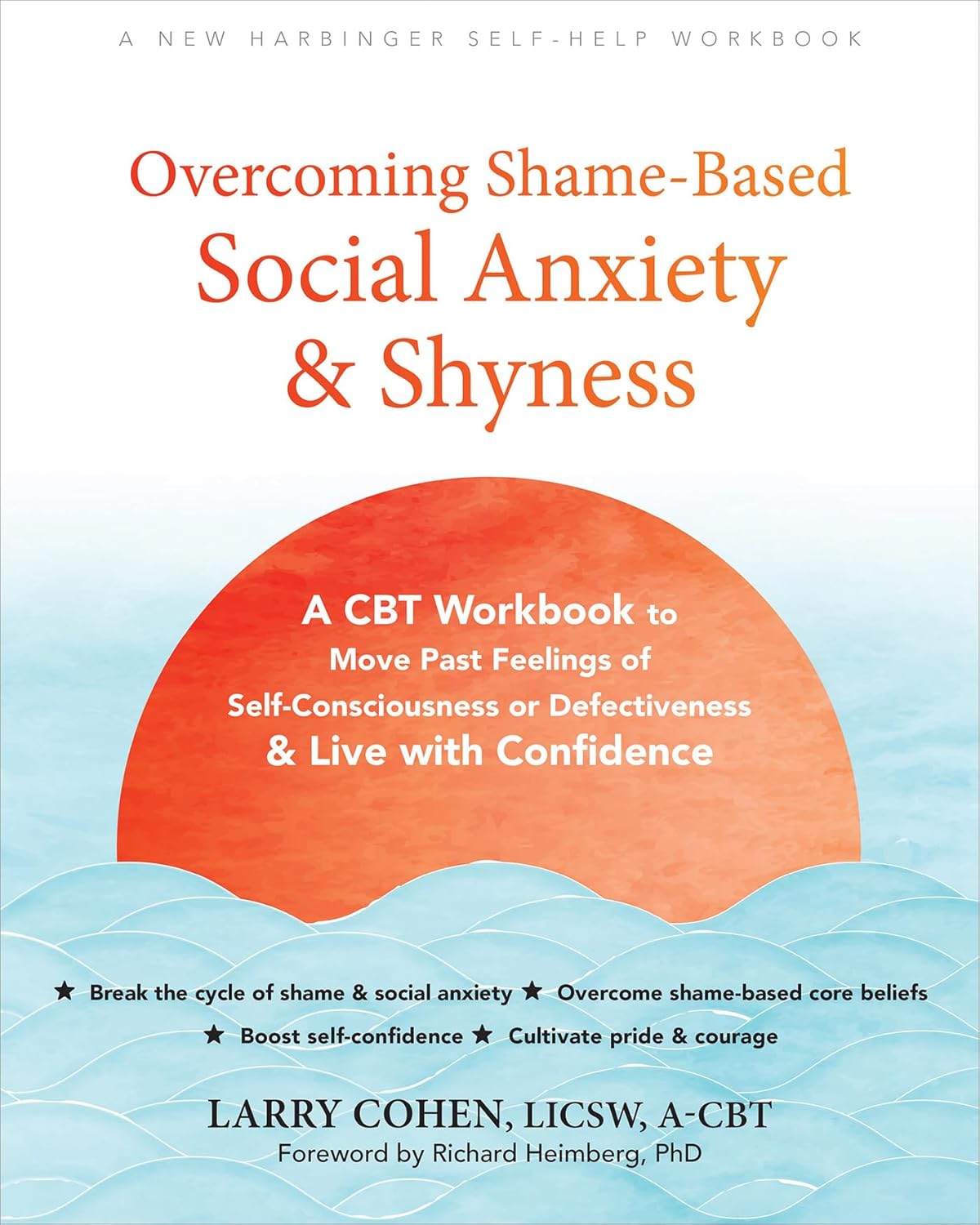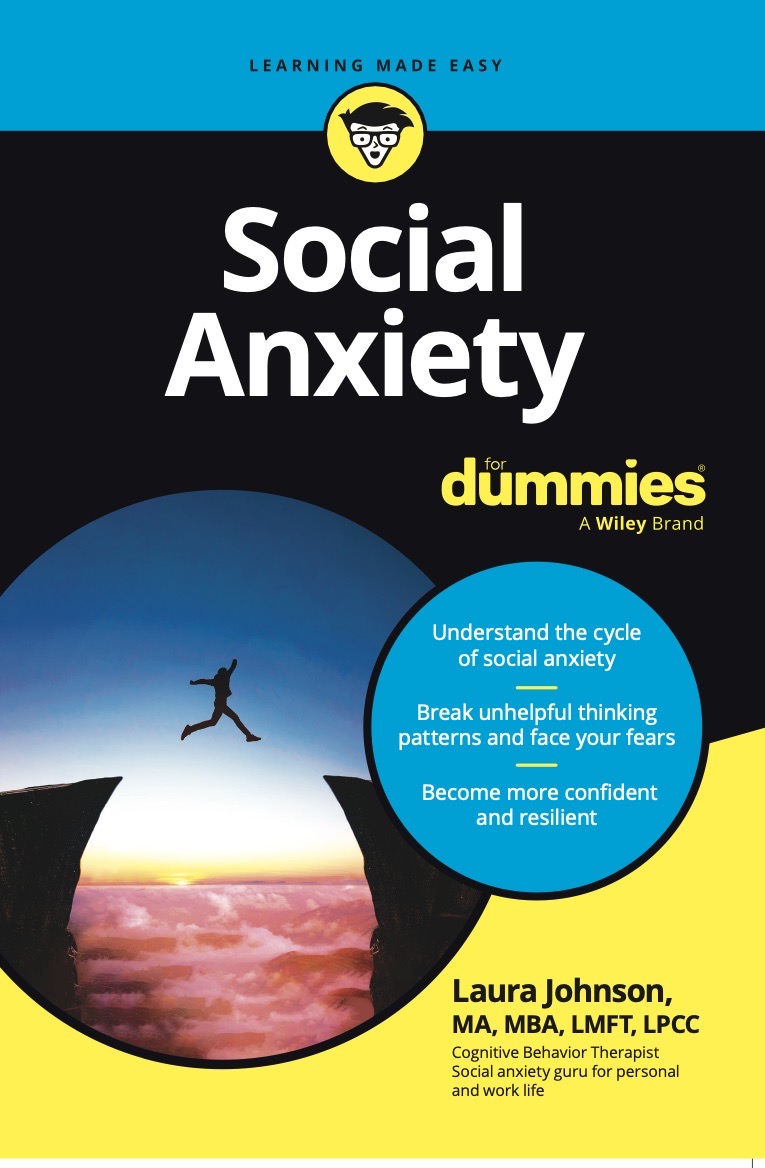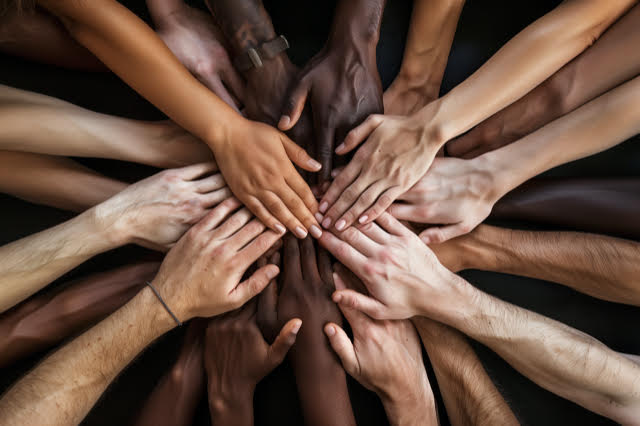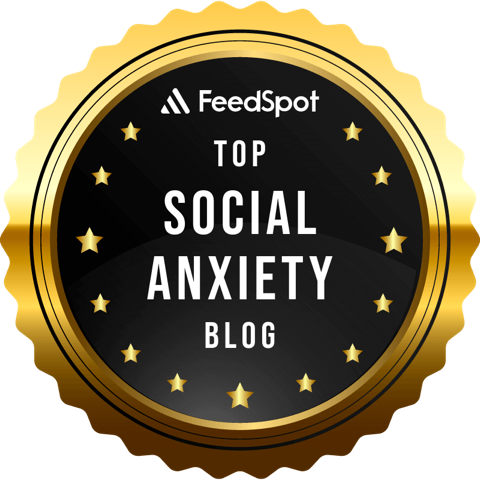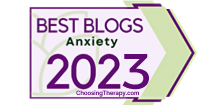Social media is everywhere. It pervades our culture. The use of apps and platforms has exploded, and the trend just keeps growing. It has become not only acceptable, but expected, to communicate through social media.
People are busy, in a hurry, multi-tasking, and it’s quicker and easier to update colleagues, family and friends with a text, a post, a photo versus a phone call or lunch.
But while social media can be a convenient way to maintain ties, the problem enters when the use of it – – particularly by individuals with Social Anxiety Disorder – – excludes any phone or face-to-face interaction.
Is Social Media a Blessing or a Curse if You Have Social Anxiety?
So how is the issue of social media use relevant if you have social anxiety? Well, if you’re like most socially anxious individuals, you live in fear of others noticing it. You worry – – sometimes for weeks in advance – – if you have to speak up at an office meeting, network at business event, give a presentation.
Depending on your personal “triggers,” some situations can be excruciating when you’re forced to interact face-to-face. You’re afraid you won’t come across well and others will think less of you. And if you’re typical of others with social anxiety, you imagine a simple slip-up having disastrous social or professional consequences.
If you suffer from social anxiety, social media can seem like a blessing, a gift, just what you need. After all, no one can see you blushing or perspiring when you’re posting on Facebook. You don’t have to worry
about stuttering when you send someone a text. And you don’t have to be concerned about what to say or searching for words when you can take your time composing, editing and re-editing an email or a post.
So it can be very tempting – – comforting even – – to hide behind the curtain of social media. What a relief it is to maintain the semblance of normalcy without having to interact! However, if you truly want to overcome your social anxiety, you’ll want to honestly evaluate how you’re using social media and whether it is benefitting or hurting your efforts to get over this life-limiting disorder.
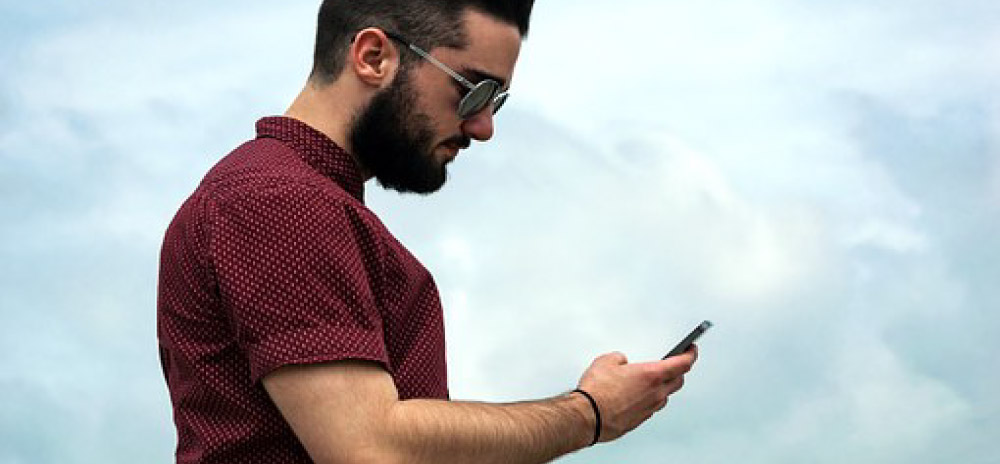
Research Shows Social Media Use has Important Implications for People with Social Anxiety
They’ve found two distinct, intriguing patterns of use, one or both of which may describe your situation and have implications for maintaining – – or overcoming – – your social anxiety.
“Problematic” Use of Social Media: (i.e. Internet Addiction)
The first way in which socially anxious individuals misuse social media is substituting online connections for poor face-to-face relationships. Researchers Lee and Stapinski, (2012) call this behavior the “Social Compensation Hypothesis.” They found that people with social anxiety do this in a misguided attempt to portray their “true self” while maintaining a large degree of anonymity. If this describes you, you may think something like: “If people knew the real me, they’d reject me.” McKenna & B (2000);
Other social scientists have identified psychological vulnerabilities that place socially anxious individuals at risk for internet addiction. Loneliness, depression, shyness and substance abuse account for more than a third of problematic internet users. Lee & Stapinski, (2012).
Passive Users of Social Media
The other broad category describing how socially anxious individuals utilize social media are those who look – – but don’t participate: the passive users. Passive users withhold their opinions and post far less frequently than others. There is even a phenomenon called “Facebook envy” to describe individuals who compare themselves negatively to others in their Facebook network, which contributes to depression. Seabrook, et al. (2016)
If you have social anxiety and you rarely post on social media, you may have thoughts like:
“Others are having so much fun; what’s wrong with me?”
“If I share a comment, no one will ‘Like’ it and I’ll look stupid.”

How to Use Social Media Strategically to Help Overcome Social Anxiety
Whether you’re using social media to the near exclusion of offline relationships or hanging back and hardly posting at all, you’ll want to modify how you utilize this potentially helpful vehicle to overcome your Social Anxiety Disorder. Let’s talk about how you can put social media to work for you.
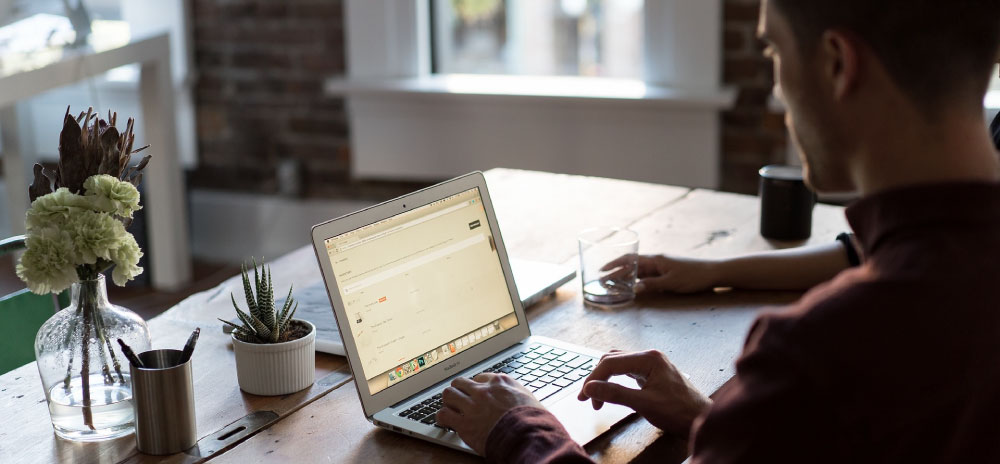
What to Do Differently if You Overuse Social Media
Social anxiety is so uncomfortable, it’s understandable why you hide behind social media to try and dodge in-person conversations. But your avoidance of face-to-face interaction is maintaining the problem. Here’s why:
- The short-term gain of feeling more in control of your image leads to a long-term erosion of your confidence.
- You will, mistakenly, attribute your successful online interactions to the “safety” of remaining relatively anonymous.
- Avoidance always keeps anxiety going – – and makes it stronger. To overcome your social anxiety, you’ll have to go toward situations you fear, starting with encounters you perceive as less threatening and working your way up to scarier situations. Many of the blogs on this website offer step-by-step tips for how to do this. One example is “Social Anxiety and Small Talk: the Nuts and Bolts of Making Conversation” posted 11-15-2017 by Larry Cohen.
Start by Integrating Visual Communication into Your Social Media Use
- Try communicating with others using visual platforms like Skype or Zoom.
- Conduct experiments on, say, Skype, starting with people you are less afraid to talk to. Gradually work your way up from family members and trusted friends to business associates and potential romantic partners.
- Use visual platforms to disprove your fears. Whenever you conduct a behavioral experiment to help you overcome your social anxiety, you will learn one of two things:
- that what you feared would happen did not occur, or if it did. . . .
- that you were able to handle it better than you thought.
Handling it better than you thought may entail some preparation, like having a response that enables you to maintain your dignity, if another person is critical of you.
What to Do Differently if You are a Passive Observer of Social Media
If you rarely participate on social media, I’m guessing that you also avoid face-to-face communication as much as possible. Therefore, you have an opportunity to use your social media accounts as a bridge to in-person communication.
Start by Participating in the Least “Risky” Manner and Work Your Way Up
- Add an emoji to someone else’s post
- Post a “Like”
- Comment on someone else’s post
- Share a photo or an article
- Share a photo or a comment with a few people you trust
- Post a few more
- Post to your entire network
Gradually Transition to Face-to-Face Conversations
- Practice making eye contact
- Practice smiling at others
- Say “hello” to co-workers
- Contribute a brief comment during lunch with others

Conclusion: Social Media: Friend or Foe?
Whether you are currently hiding behind the veil of social media, not posting at all – – or a little of both, you can use social media to your advantage to help overcome your social anxiety. Try some of the experiments described, and watch your fears start to subside.
Randy Weiss, LCSW
NSAC Phoenix
References
Lee, BW & Stapinski, LA. (2012). Seeking safety on the internet: Relationship between social anxiety and problematic internet use. Journal of Anxiety Disorders, 26:197-205.
Seabrook, EM; Kern, ML; Rickard, NS. (2016). Social networking sites, depression and anxiety: A systematic review. JMIR Ment Health, Oct-Dec; 3(4): e50.
Share this blog post



